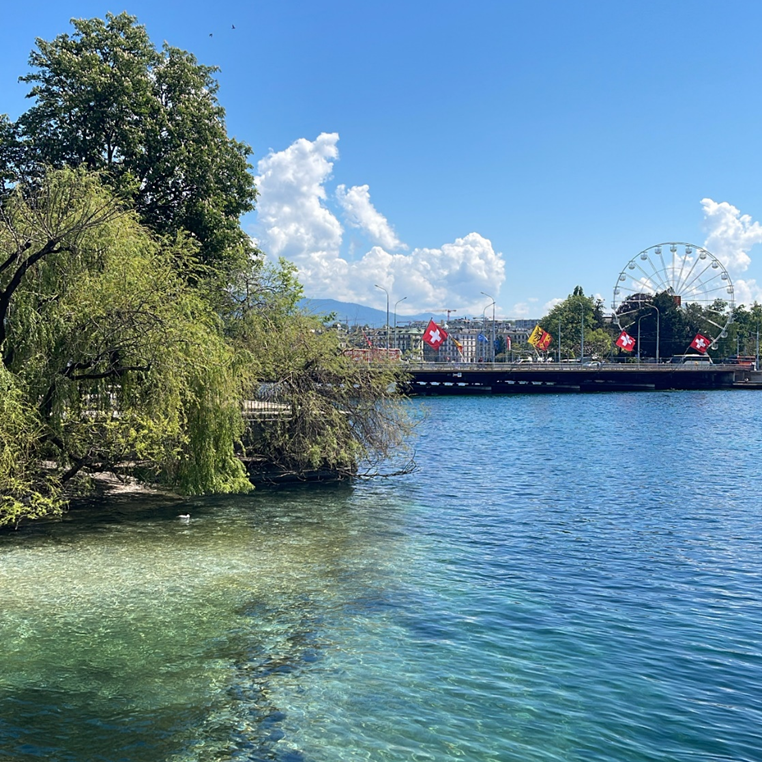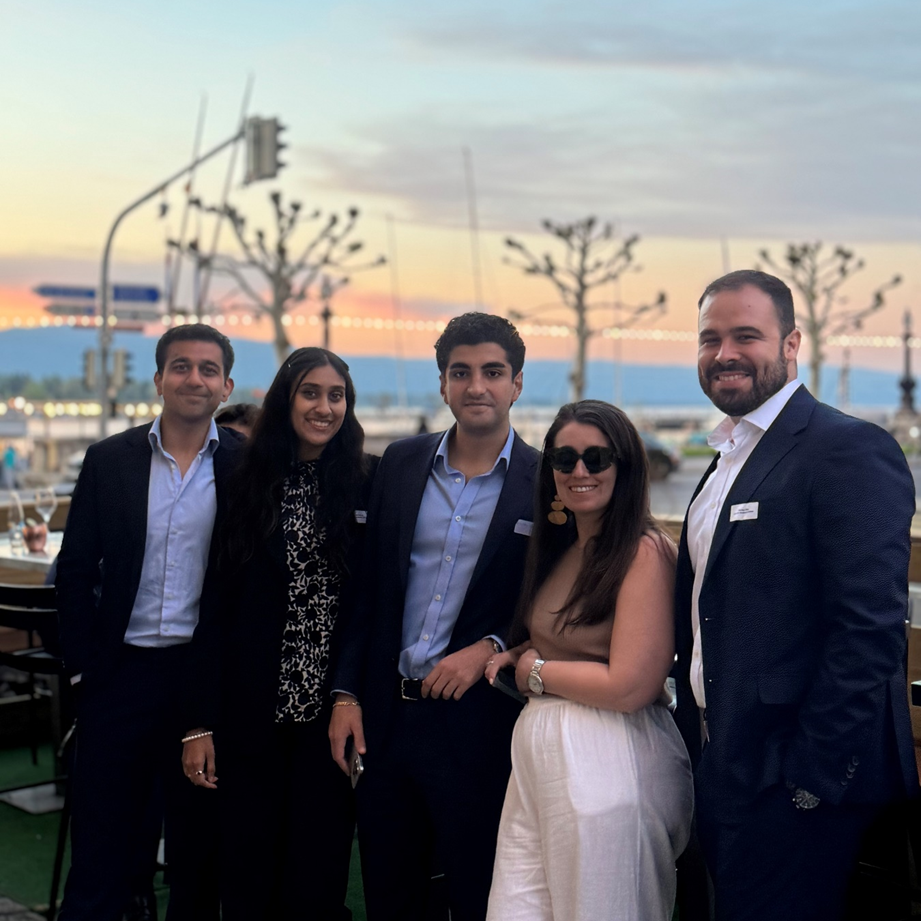By Hernán Silva, MIFPT2026

The knowledge, skills, and tools provided by the LBS academic professors during the lectures are among the best that you can acquire from anywhere in the world. However, when it comes to really increasing the ROI of your academic investment, active networking is just as important (and in some cases even more important) than the great theory and technical skills you learn inside the classrooms. In other words, effective networking is a must for every experience in a business school, and LBS faces no contest.
How to do it? Every LBS students’ approach will be different and shaped according to their specific goals, career aspirations, talents, and personalities. I would like to recommend some guidelines, and an example I believe showcases the opportunities that could be waiting for you.
- Specific targets: “Finance” and “Business” are very broad fields that offer many different career paths. It can be easy to lose focus on what topics and type of roles you want to pursue. Trying every option might work, but I would not recommend it. Concentrating your energy, time, and passion on a few of topics and networking events relevant to your goals could be more effective. If you want to “break” a barrier quickly, focusing all your energy on one area is more effective than spreading it too thin. In this sense, the strategy to “break” into your next new role should not be that different.
- LBS Clubs: Once you have identified your areas of interest, join the related LBS Clubs. Investment Management or Private Equity and Venture Capital Clubs are among many options you can explore.
- Provocative Questions: LBS Clubs offer a wide range of opportunities to engage in discussion panels, coffee chats, and networking events. These experiences are valuable for building meaningful professional relationships – whether with a future colleague, manager, or someone from your target industry. It’s often said: “It’s better to be prepared and not have the opportunity, than have the opportunity and not be prepared.” That’s especially true in networking. Take your time to do your research beforehand so you can have conversations with thoughtful and open-ended questions such as:
- “What is the most difficult challenge you have been seeing lately?”
- “What is the million-dollar question everyone is trying to answer in this field?”

These types of questions can spark deeper and more engaging conversations. They position you to share ideas confidently, connect with peers and professionals on a more meaningful level, and gain insight that goes further than in the lecture theatre.
An example? The LBS Commodity Trading Club and the Geneva Trek. Let’s think about some practical examples of the three steps suggested above:
- Specific targets: I have experience working on sustainable finance and energy transition themes and I would like to gain more knowledge from practitioners to take ideas and integrate new ways of tackling challenges in my current role of ESG Associate in my current role at Patria Investments. To this end, considering the insights I could gain from peers and professionals from other industries working on similar topics is key.
- LBS Clubs: Considering the interests mentioned in my previous point, a couple of clubs are potentially good candidates: the Energy & Environment Club, the Commodity Trading Club, the Asset Management Club, and the Social Impact Club. Thanks to a message on the cohort’s WhatsApp group, I found out about the Geneva Trek organized by the LBS Commodity Trading Club, which I ended up joining. Stay tuned through WhatsApp groups, email and LinkedIn.
- Asking provocative questions whilst engaged in long conversations with industry leaders will generate great new ideas for my upcoming research on sustainable finance and energy transition. For instance:
- Batteries: “The billion-dollar question on this topic is what system would be used to replace batteries for energy storage, not what the next gen of batteries would be, but what would be the new mechanism and science for energy storage and transportation that would leave the battery method behind”. Power Trader, PhD. Material Science, MSc. Physics.
- Latin America, the most important region for Sustainable Food Supply: “Brazil has been able to keep first place as the world’s largest soybean producer from 2019 to 2024, with a yearly production of more than 160 million tons during the last 3 years, doing it with high environmental standards and ESG responsible practices, followed by the US with 122 million and Argentina with 50 million. The situation has been similar for the coffee industry, with Brazil and Colombia accounting for more than 40% of global coffee production”. Food Commodity Trader.
- Social Responsibility around Energy Transition Metals: “When it comes to transition metals, there is still a lot of work to do on ESG engagements around social compliance regarding high health and safety standards in emerging market regions like Africa. However, emerging countries like Chile present important opportunities not only because of its well-known transition metals capacity, but also for its responsible production.” Corporate Social Responsibility Team, Commodity trading firm.

While classroom learning provides the technical foundation and academic rigor expected of the Masters in Finance programme, it’s the conversations beyond the lecture theatre that often spark the most transformative insights.
Bridging the gap between theory and practice means actively engaging in both spaces – absorbing the frameworks in class and then applying, questioning and expanding on them in dialogue with practitioners and peers. At LBS, what happens outside the classroom can be just as important as what happens inside.
So, mind the gap between the lectures and the LBS clubs’ networking opportunities!
